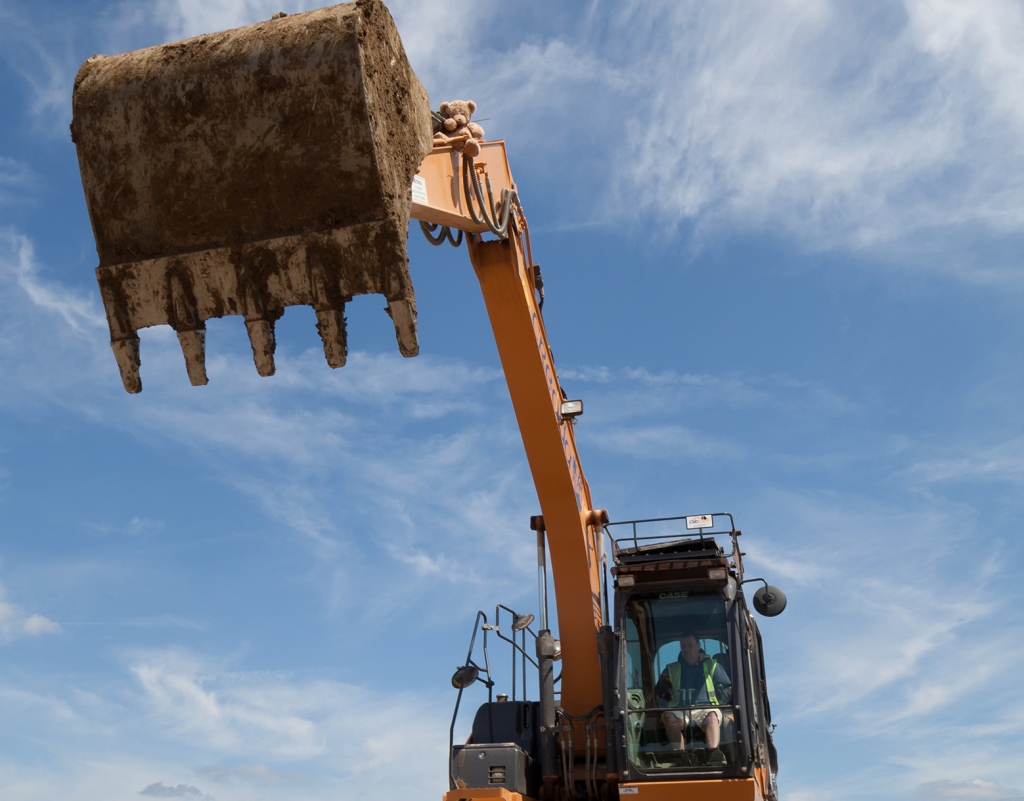You will find some wonderful examples of block paving in Cambridge, which add charm to the outdoor spaces in which they can be found. Paving bricks are available in a variety of forms and colours and provide stable, reliable surfaces underfoot. Each one is tough for years of low-maintenance service. The kind of block chosen will determine the kind of maintenance required. Appropriate, typical maintenance will ensure your block paving investment remains safe for the long-term.
Kinds Of Block Paving
Be sure to know which type of paving is put in prior to performing maintenance. Typically, there are two kinds of block paving offered, permeable and impenetrable. A porous block paving is produced so that water can run through it, and drain into the ground below. An impervious paving does not permit water to circulate through it, but instead, water runs off the surface of your paving and over adjoining surfaces. Impervious paving can be set up to permit water to drain in between the paving, giving it a equivalent element for the porous paving. Permeable paving can be a lot more delicate than impermeable paving, and roughly employed maintenance techniques could trigger premature crumbling of ends and corners.
The kind of block selected also can rely on the purpose and place of the installation. Environmental factors play an ever more significant part in the management of water in metropolitan locations. Impenetrable paving redirects storm water into water treatment plants but is generally more durable than porous blocks. Permeable paving enables storm runoff to get purified by the ground on which it drops. Porous paving has become the most preferred alternative since it reduces pressure on public water treatment facilities.
Crumbled Paving Could Mean Trouble
Cracked paving might indicate improper installation. Replacing these may be essential to prevent falls. When replacing blocks, make sure you verify the base over which they were installed. Set up of either kind of block paving is very similar. The earth under is excavated of all-natural soil and filled up with gravel and sand. This base gives stability for the paving and can stop them from damage later on.
Maintenance Suggestions To Retain Beauty And Function
Both kinds of paving will need normal upkeep to preserve their beauty and function. Over time, the spaces between impervious blocks will grow to be clogged with soil and other debris, which will hinder their water drainage function. It may be anticipated that this accumulation of silt will cause a sluggish decrease of function as time passes; research show it stabilises out involving 3 to six years.
Regularly sweeping off debris will prevent staining and also the development of moss or unwanted weeds. When silt, moss or unwanted weeds turn out to be uncontrollable, a power washer could be used to remove them. Nevertheless, care has to be taken not to dislodge an excessive amount of of the jointing sand between the paving stones. Much more caustic cleaners applied with a soft brush may be essential for persistent unsightly stains or rooted moss and mildew. Be sure to add additional joint sand if any was dislodged. Correct sanding will support the firmness of the block and sealing the blocks may decrease or eliminate upkeep altogether. www.eks-construction.co.uk

